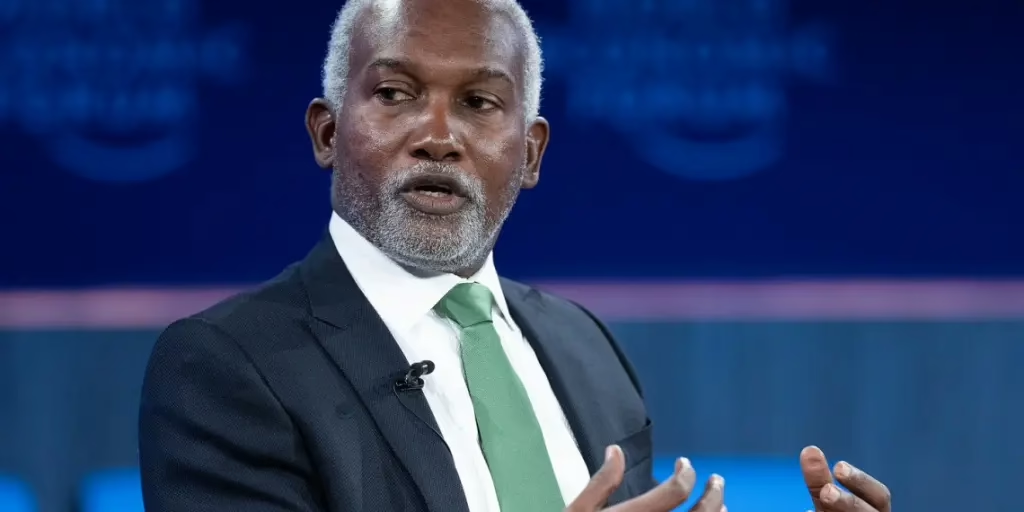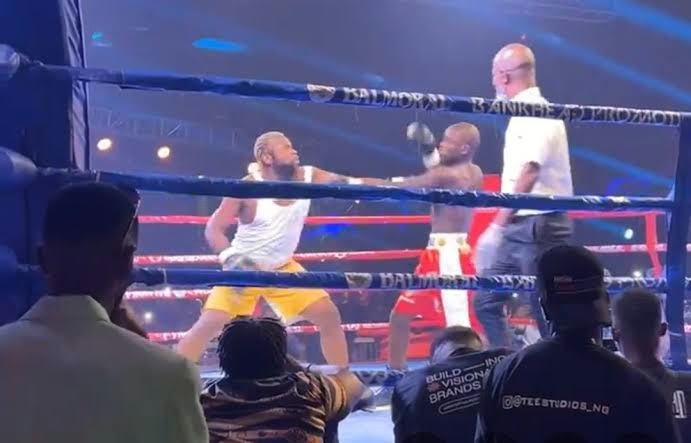Renowned fuji musician, Kolawole Rasaq Ilori, popularly known as Kollington Ayinla, has dispelled rumours of his demise that have been circulating on social media.
The 75-year-old musician made a public statement on Tuesday from the Lagos State University Teaching Hospital (LASUTH) in Ikeja, Lagos, to address concerns about his health.
Speculations about Ayinla’s critical health condition and his battle with undisclosed ailments had been rampant on social media earlier on Tuesday.
However, in a video shared by LagosGist (@LagosGist), the fuji legend can be seen and heard speaking about his current health status.
In the two-minute and nineteen-second video, Kollington Ayinla expressed his profound gratitude to Lagos State Governor Babajide Sanwo-Olu for the support provided during his recent illness.
He also extended thanks to the Chief Medical Director (CMD) of LASUTH, Adetokunbo Fabanwo, and the hospital’s management team for their excellent care and treatment.
Ayinla emphasized the role of divine intervention in his recovery, thanking God for his healing.
He also acknowledged the overwhelming support and assistance he received from his fans and well-wishers during this challenging time.
He affirmed his well-being, stating, “I am alive because of God, the governor, LASUTH, and others.”
Kollighton Ayinla who spoke in Yoruba in the short video clip said, “I want to thank Lagosians. I want to thank the government of Lagos State Government and the management of the Lagos State University Teaching Hospital and the team under the leadership of Adetokunbo O. Fabanwo. It is only God that can save life but I want to appreciate him and the team because I would have gone to the great beyond.
“I give it to the LASUTH. They are king for taking care of me. They deserve my salutations. LASUTH LASUTH LASUTH, you are king. They said I was dead, but I’m here speaking alive from the LASUTH now.”
Kollington, born August 1949 hails from Ilota, a town on the outskirts of Ilorin, Kwara State, and he is also known by the aliases; Baba Alatika, Kebe-n-Kwara, and Baba Alagbado.











Leave a Reply